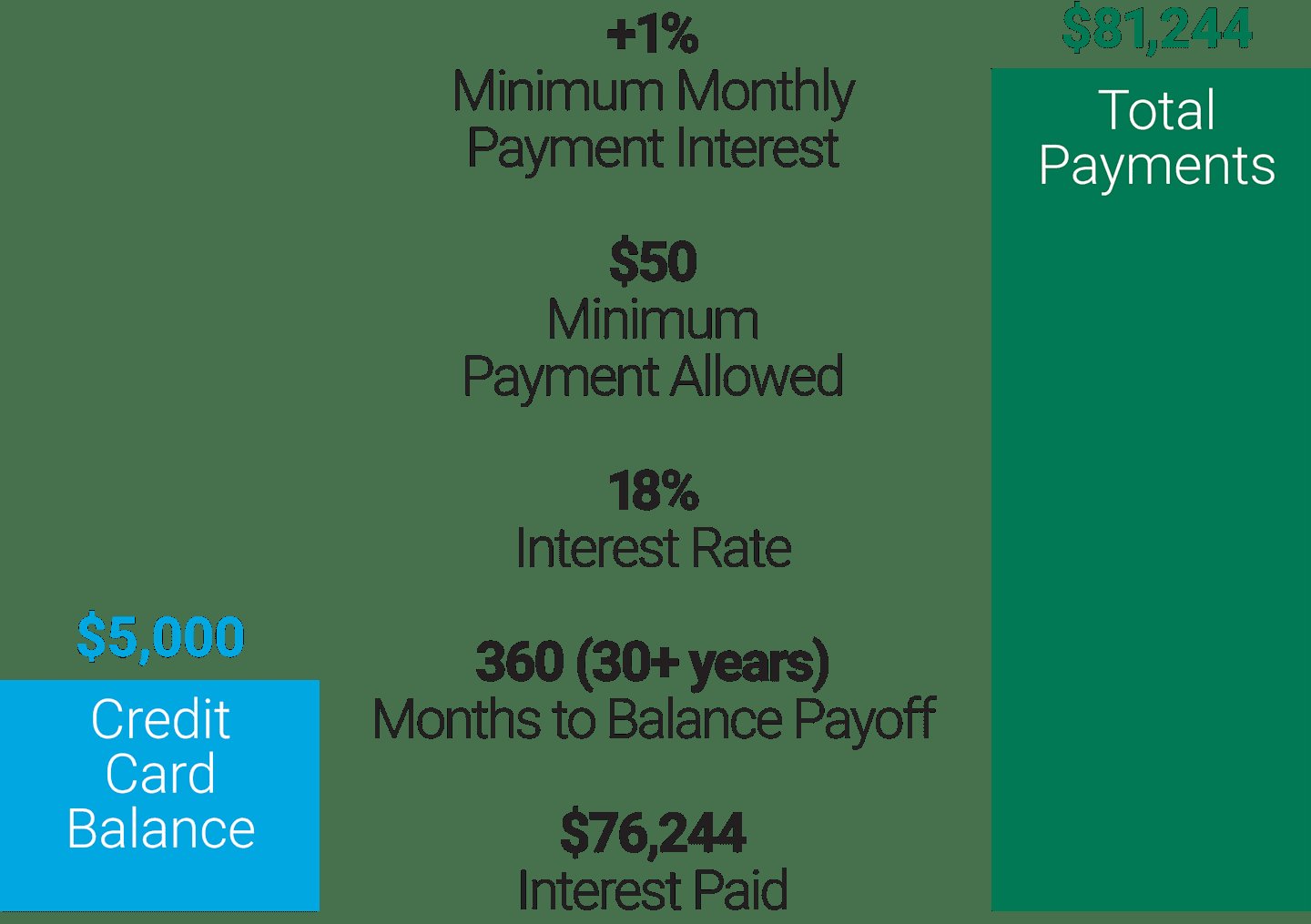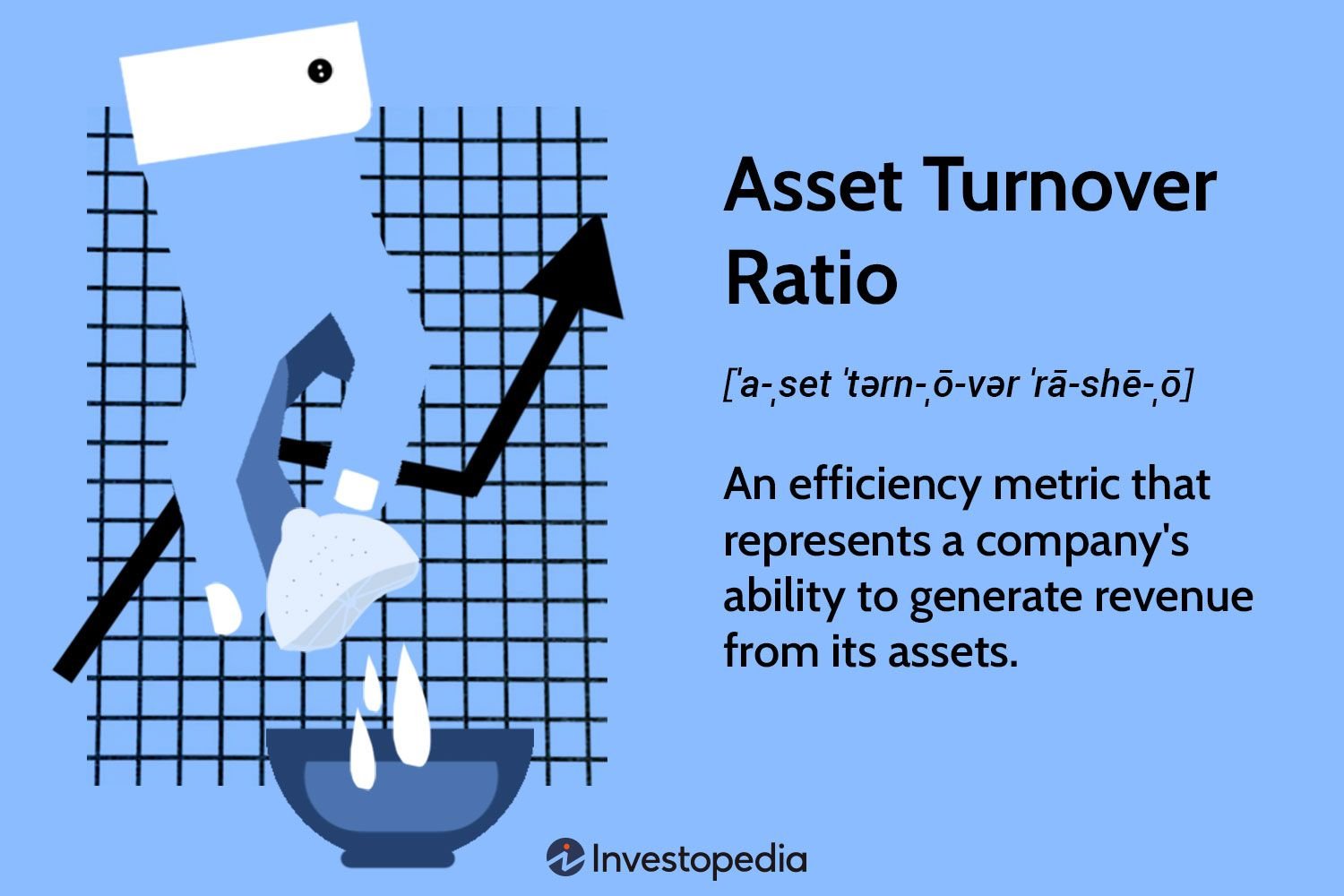Are you searching for effective ways to negotiate a better insurance claim settlement? Look no further! In this article, we will provide you with valuable tips for negotiating a better insurance claim settlement. Whether you’ve experienced a car accident, property damage, or any other insured incident, understanding how to navigate the negotiation process can make a significant difference in the outcome. By mastering these tips, you can empower yourself to advocate for a fair and satisfactory settlement. So, let’s dive in and explore the strategies that will help you secure the best possible outcome for your insurance claim settlement.
Tips for Negotiating a Better Insurance Claim Settlement
Introduction
When it comes to filing an insurance claim, getting a fair settlement is crucial. Insurance claims can be complicated and overwhelming, but with the right strategies, you can increase your chances of negotiating a better settlement. In this article, we will provide you with valuable tips and techniques to help you navigate the negotiation process and maximize your insurance claim settlement. Whether you’re dealing with a car accident, property damage, or medical expenses, these tips will empower you to advocate for yourself effectively.
1. Understand the Insurance Claim Process
Before diving into negotiation tactics, it’s essential to have a solid understanding of the insurance claim process itself. Familiarize yourself with the following steps:
- File your claim promptly: Report your claim to the insurance company as soon as possible. This allows them to begin the investigation process promptly.
- Gather evidence: Collect all necessary documentation to support your claim. This may include photographs, police reports, medical records, or repair estimates.
- Know your policy: Thoroughly review your insurance policy to understand the coverage limits, deductibles, and exclusions. Knowing what your policy covers will help you make informed decisions during negotiations.
- Document your expenses: Keep track of all expenses related to your claim, such as medical bills, repair costs, and any other out-of-pocket expenses. Maintaining detailed records will strengthen your negotiation position.
- Communicate effectively: Maintain open and clear communication with the insurance company. Promptly respond to any requests for information or documentation.
- Consider seeking legal advice: If the claim is complex or involves significant damages, it may be beneficial to consult with an attorney specializing in insurance claims.
2. Research and Prepare
To negotiate successfully, thorough preparation is key. Take the following steps to gather pertinent information and strengthen your case:
Gather Evidence
- Collect all relevant documentation, including police reports, medical records, repair estimates, and any other evidence supporting your claim.
- Organize your evidence in a clear and logical manner, making it easy to present during negotiations.
- Make copies of all documents and keep the originals in a safe place.
- Consider taking photographs or videos of the damages or injuries to provide visual evidence.
Evaluate Damages
- Assess the extent of the damages or injuries thoroughly.
- Obtain multiple repair estimates or medical opinions to understand the full scope of the costs involved.
- If necessary, consult with professionals, such as contractors or medical experts, to validate your claims.
Know the Value
- Research and determine the fair market value of your damaged property or the appropriate compensation for your injuries.
- Consider obtaining quotes from third parties or experts who can provide an unbiased assessment of the value.
- Consult online resources, insurance databases, or industry professionals to gather comparable data.
Understand Policy Coverage
- Review your insurance policy thoroughly to understand the coverage limits, deductibles, and exclusions.
- Identify any potential gaps or ambiguities in your policy that could impact your claim.
- Be familiar with the specific language used in your policy to effectively communicate your needs during negotiations.
3. Negotiation Strategies
Once you have prepared and gathered all the necessary information, it’s time to engage in negotiation. Here are some strategies to help you negotiate a better insurance claim settlement:
Present Your Case Clearly
- Clearly articulate the details of your claim, including the damages, expenses, and any other relevant information. Use clear and concise language to avoid misunderstandings.
- Refer to your supporting documentation and evidence to back up your statements.
- Highlight any key points that strengthen your case and justify your settlement request.
Be Assertive and Confident
- Approach the negotiation process with confidence and assertiveness.
- Clearly express your expectations and remain firm in your position.
- Avoid being overly aggressive or confrontational, as it may hinder productive negotiations.
Negotiate from a Position of Strength
- Emphasize your knowledge of the insurance policy and coverage details to demonstrate your understanding of the claim’s merits.
- Showcase your preparations, evidence, and documentation to support your case.
- Highlight any legal or regulatory obligations the insurance company must fulfill.
Consider the Adjuster’s Perspective
- Put yourself in the shoes of the insurance adjuster to understand their perspective.
- Anticipate potential concerns or objections they may raise and prepare counterarguments.
- Be willing to compromise and find mutually beneficial solutions whenever possible.
Stay Persistent and Patient
- Negotiations can be a lengthy process, so it’s important to remain patient and persistent.
- Be prepared for multiple rounds of negotiations and potential counteroffers.
- Don’t rush into accepting a settlement that you believe is unfair. Take the time to explore all available options.
4. Seek Professional Assistance
If the negotiation process becomes challenging or you believe your claim warrants expert guidance, consider seeking professional assistance. An experienced attorney specializing in insurance claims can provide invaluable support and ensure your rights are protected. They have the knowledge and expertise to navigate complex legal issues, negotiate on your behalf, and advise you on the best course of action.
Negotiating a better insurance claim settlement requires careful preparation, thorough research, and effective communication. By understanding the insurance claim process, preparing diligently, and employing the right negotiation strategies, you can significantly increase your chances of achieving a fair and satisfactory settlement. Remember to be assertive, persistent, and consider seeking professional assistance when necessary. With these tips in mind, you can confidently navigate the insurance claim negotiation process and secure the settlement you rightfully deserve.
How do I Negotiate a Settlement With an Insurance Claims Adjuster?
Frequently Asked Questions
Frequently Asked Questions (FAQs)
How can I negotiate a better insurance claim settlement?
To negotiate a better insurance claim settlement, you can follow these tips:
What should I do before negotiating with the insurance company?
Before negotiating with the insurance company, you should:
Is it important to gather evidence for my insurance claim?
Yes, gathering evidence is crucial for your insurance claim. It helps support your case and increases your chances of a successful negotiation.
Should I hire a public adjuster to negotiate on my behalf?
Hiring a public adjuster can be beneficial as they have experience in negotiating insurance claim settlements and can help maximize your payout. However, it is not mandatory, and you can negotiate on your own if you feel confident.
How can I prepare myself for negotiating with the insurance company?
To prepare for negotiating with the insurance company, you should:
What should I consider when evaluating the insurance company’s offer?
When evaluating the insurance company’s offer, consider the following:
Can I appeal the insurance company’s decision if I’m not satisfied with the settlement?
Yes, you can appeal the insurance company’s decision if you are not satisfied with the settlement. Contact the insurance company to understand the appeal process and requirements.
Do I need a lawyer to negotiate with the insurance company?
Hiring a lawyer is not necessary for every insurance claim negotiation. However, if your claim is complex or if the insurance company is being uncooperative, seeking legal advice can be beneficial.
Final Thoughts
In conclusion, negotiating a better insurance claim settlement requires preparation, persistence, and effective communication. Start by gathering all necessary documentation and evidence to support your claim. Take the time to understand your policy and its coverage limits. When negotiating, clearly and confidently articulate your needs and provide supporting evidence. Remain persistent and do not settle for less than what you deserve. Remember to maintain a professional and respectful demeanor throughout the process. By implementing these tips for negotiating a better insurance claim settlement, you can increase your chances of reaching a favorable outcome.



